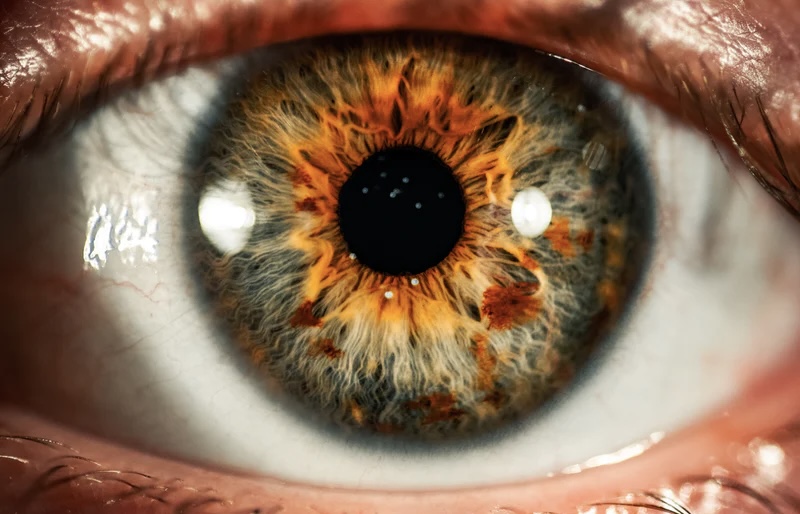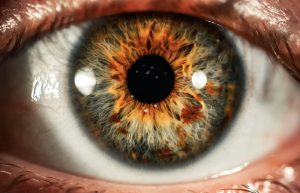
Cataract surgery correlates with a decreased risk of developing dementia.
Because individuals tend to experience a cognitive decline as they age, there have been many studies involving dementia in recent years.
Some focus on diet and prevention.
Others look at diagnosis and risk factors.
According to a recent The Seattle Times article titled “Cataract surgery associated with lower risk of dementia, University of Washington study finds,” one such study focused on eye conditions.

Cataract surgery improves sensory input through the eye.
A study lead by Dr. Celicia Lee and published in JAMA Internal Medicine looked at the connection between cataracts and dementia.
According to the finding, the risk for seniors who underwent cataract surgery was 30 percent lower for at least a decade after the procedure than those who did not have the surgery.
Why is this important?
Because genetics plays a significant role in the development of Alzheimer’s, researchers focus on how brain diseases correlate to other ailments.
In the past, the researchers categorized certain eye diseases like diabetes retinopathy and age-related macular degeneration as being serious risk factors for developing memory loss.
Because the correlation was high, the University of Washington and Kaiser Permanente Washington included research on cataract surgery as part of a long-term program together.
Kaiser Permanente Washington supplied data on more than 5,500 patient volunteers.
Over two years, the cognitive functioning of these patients was evaluated.
More than 3,000 adults over age 65 years or older had glaucoma or cataracts.
Of these patients, 853 developed dementia.
Only 320 of these cases occurred after individuals had cataract surgery.
A little more than 500 cases of dementia developed before or without cataract surgery.
Those with glaucoma surgery did not have a significant correlation to the risk of dementia.
Because glaucoma surgery does not improve or restore vision, the researchers concluded the correlation between cataract surgery and a decreased risk for dementia stems from the improved visual functioning.
Those with cataracts often experience difficult seeing sharp colors, notice halos around bright lights, have blurry vision, and struggle to drive at night.
The light from the cloudy yellow lens leads to a lower quality light entering the retina.
By removing the cataracts, cataract surgery provides a higher quality blue light and sensory input.
This improves neurotic connections and can also better regulate the sleep cycle.
Although vision immediately improves after cataract surgery, there has been no established connection as to how the procedure could impact those who have already developed memory loss or dementia.
Regardless, you can bet I will be discussing this with my optometrist Dr. Greg Besler during my annual eye exam in April.
[Note: I have only known Dr. Besler since he was in seventh grade and I was in the eighth grade. If you are looking for a top-shelf optometrist, look no further.]
Reference: Seattle Times (Dec. 13, 2021) “Cataract surgery associated with lower risk of dementia, University of Washington study finds”
REMEMBER: “The choice of a lawyer is an important decision and should not be based solely upon advertisements.”
This statement is required by rule of the Supreme Court of Missouri.
